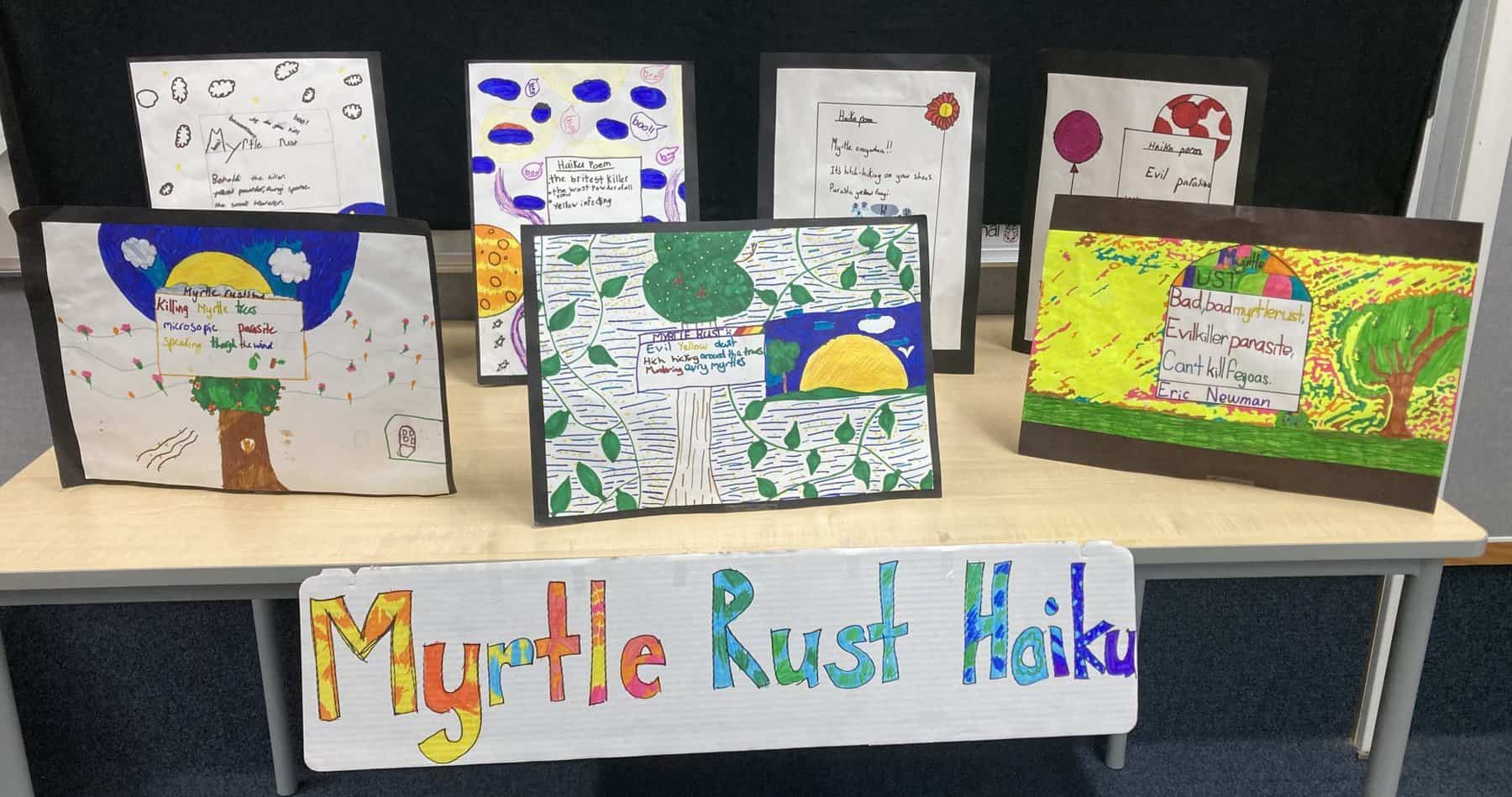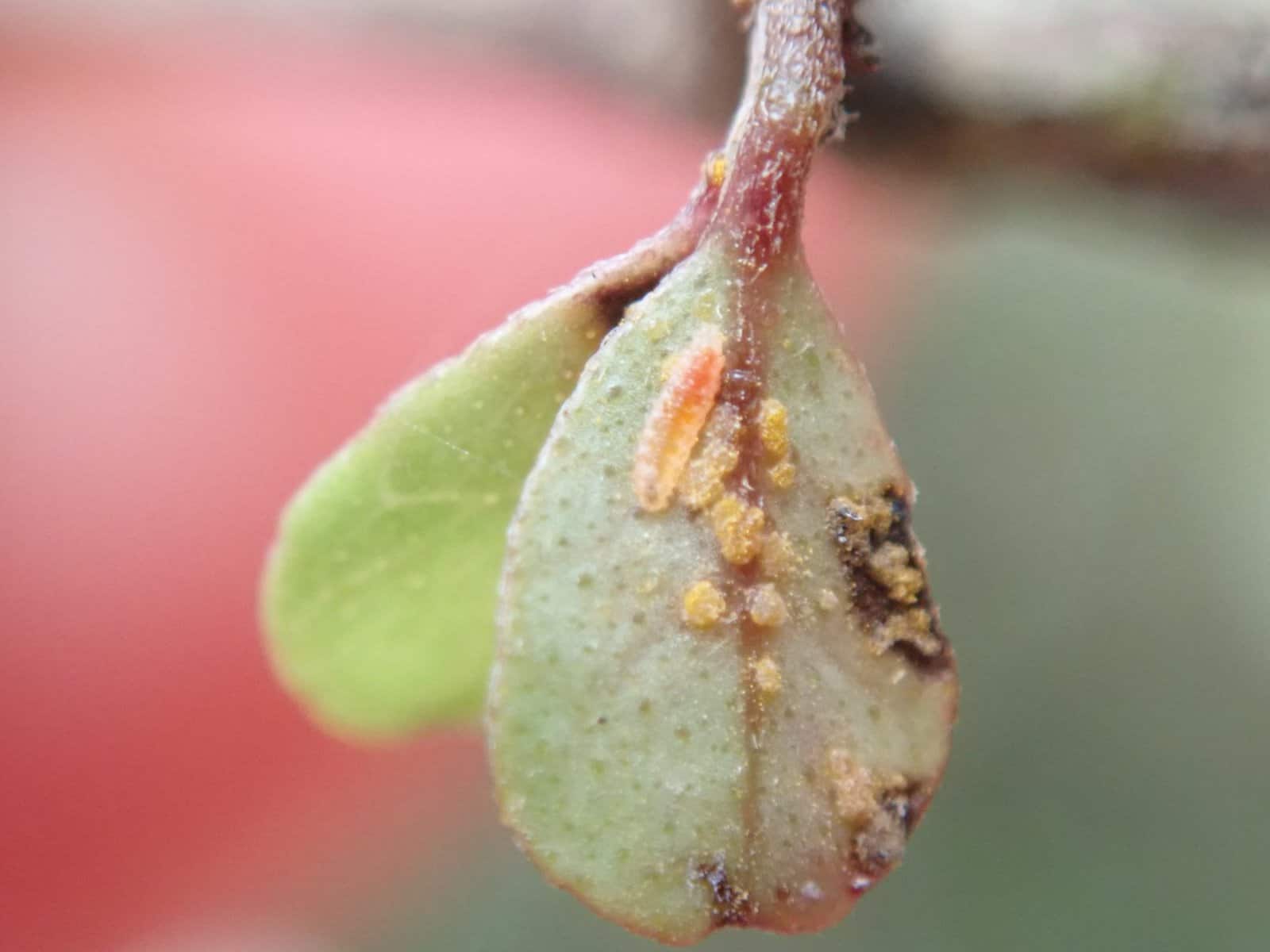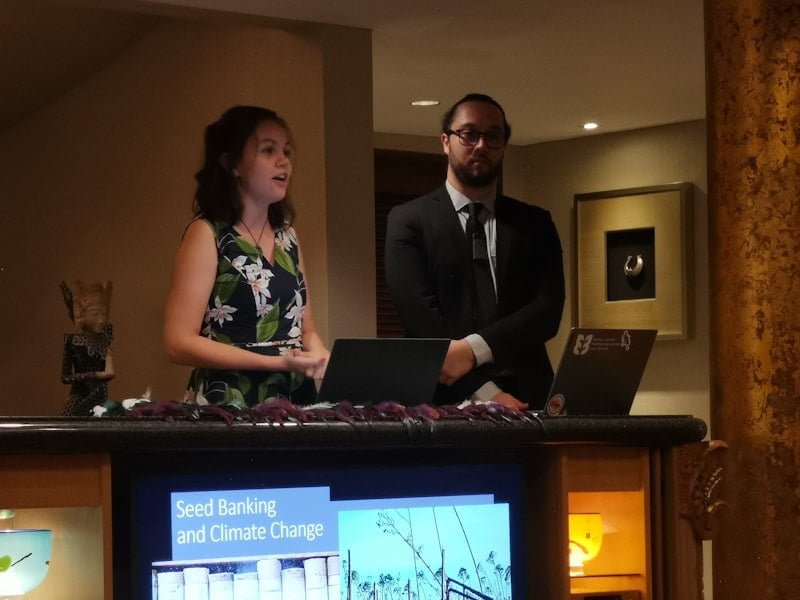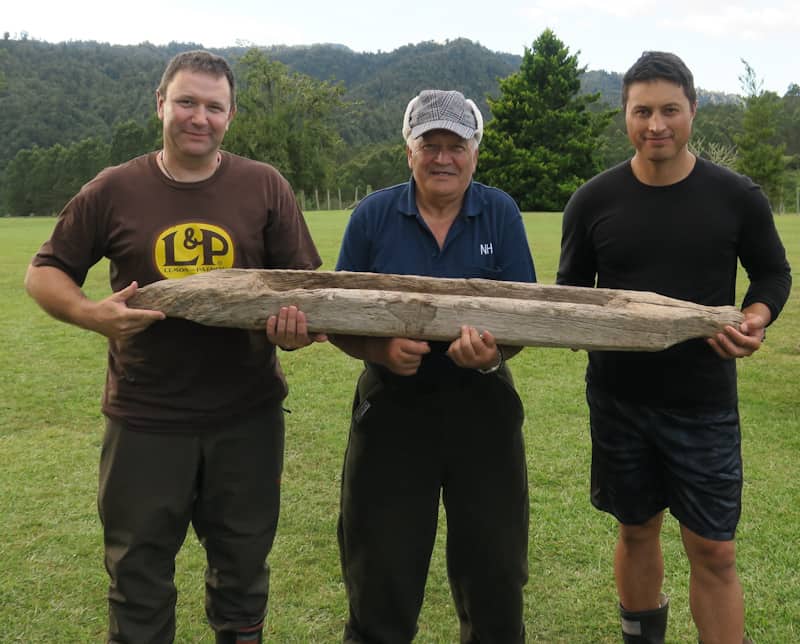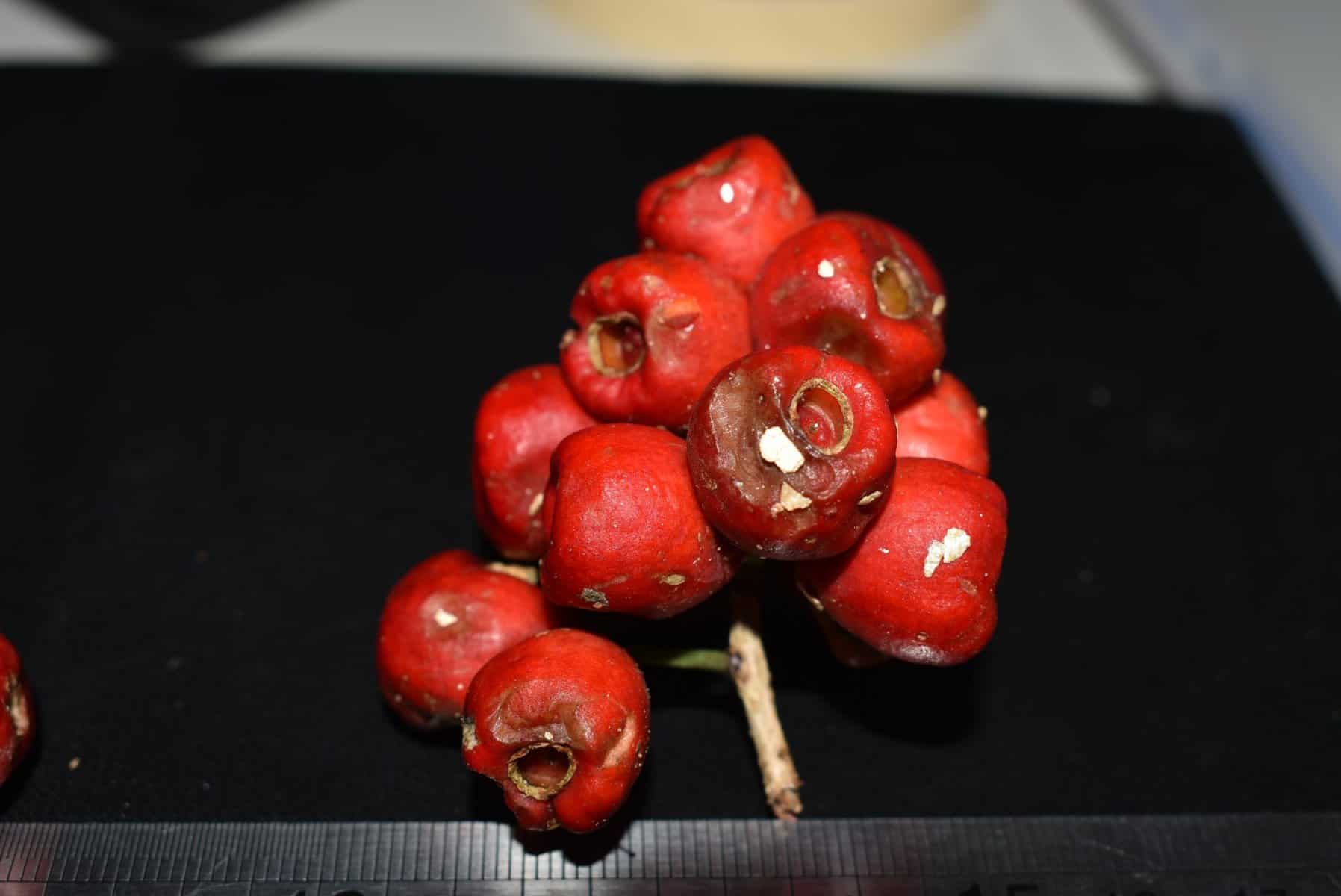A midge eating myrtle rust, new research investment, Matariki celebrations, plus all the conferences you can ask for!
Month: July 2022
How Did Konini Primary Celebrate Matariki?
Toitū te Ngahere is a project exploring art in schools for ngahere ora (forest health). Using the processes inherent in art making, Toitū te Ngahere empowers tamariki to develop and tell stories about their own relationships with local ecosystems. This year, three classes at Konini Primary curated art and performance to share with their community at their Matariki celebration.
New gall midge eats the fungus that causes myrtle rust
A new species of gall midge, Mycodiplosis constricta, has been described. Taxonomists and entomologists may be excited to know that this is the first described species of Mycodiplosis recorded from New Zealand. For the rest of us, the most interesting thing about this species is what it feeds on: the urediniospores of Austropuccinia psidii, the fungus that causes myrtle rust.
Ngā Pī Ka Rere spotlight: Marcus-Rongowhitiao Shadbolt, passionate about seed conservation
Ngā Rākau Taketake welcomes Marcus-Rongowhitiao Shadbolt, a new Master’s student under the Oranga and Conservation & Restoration research themes. He will be looking at how we can best conserve New Zealand’s seeds.
Ngā Pī Ka Rere spotlight: Welcome Phoebe Fordyce, TTW research and policy analyst
In February this year, Te Tira Whakamātaki and Oranga research theme welcomed Phoebe Fordyce, a research and policy analyst, to their teams. We spoke with Phoebe about her background, the work she has been doing so far, and what she is excited about for the future.
Mātauranga-a-Iwi vital in the restoration of biodiversity
A new BioHeritage research programme, He Mātai i te Taiao (The perpetual sensing of the natural environment), aims to develop a system that enables mātauranga-a-Iwi (localised Māori knowledge) monitoring frameworks and approaches, providing vital evidence for the empowerment and actioning of kaitiakitanga.
June 2022 newsletter
Cryopreservation, a warm welcome and what does ‘eradication’ really mean?
